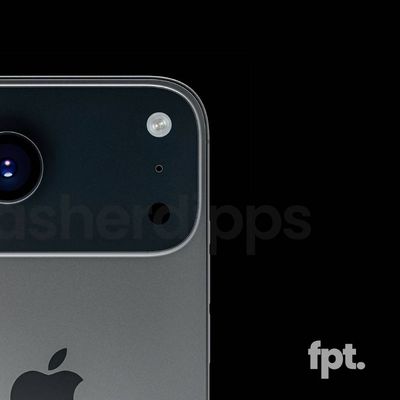While a prediction that the next-generation iPad will be thinner and lighter than the current one may not seem an overly ambitious one, Digitimes claims to have details, suggesting that the iPad 5 will borrow the G/F2 (DITO) thin-film type touch screen technology used on the iPad mini.

Digitimes cited an un-named industry source as reporting that the screens would use a similar mix of suppliers to the iPad mini screen.
The supply chain for Apple's next-generation 9.7-inch iPad will be similar to the iPad mini's, with Japan-based Nitto expected to supply thin-film materials and Nissha Printing touch screen modules, noted the sources. Taiwan-based TPK will be responsible for the device's lamination while LG Display (LGD) and Sharp will provide panels.
The DITO thin-film technology is believed to have been behind supply constraints on the iPad mini, but these issues have now been solved, claims Digitimes.
Just last week, iLounge shared details on the fifth-generation iPad, noting that it would be smaller in every dimension than the current model and suggesting that a change to the display technology would be necessary to achieve that reduction.























Top Rated Comments
The iPad 3 & 4 went with a more bulkier, heavier design.
iPad 2: 8.8 mm thick, 601 grams weight
iPad 3/4: 9.4 mm thick, 652 grams weight
So they certainly could make the iPad 5 "thinner and lighter" - and put it back at the iPad 2's specs.
However the iPad 3 was thicker and heavier than the iPad 2, just sayin!
----------
Aw man beat me to it :p
Except for the fact that the third iPad was thicker and heaver than the iPad 2. :rolleyes:
'Thinner and Lighter'
This is the same story every month.... "The next Apple device, no matter which one we speak of will be..... WAIT FOR IT !!!!...... 'Thinner and Lighter'
We can all rest easy now, knowing what the future holds for us
Like what? What does the iPad need so desperately? It's a tablet; It has a (damn good) screen, cameras, a processor, storage, and RAM. This device has only been on the market for 3 years. Saying that it needs a revolutionary change implies that the iPad is failing -- which we all know is not the case.